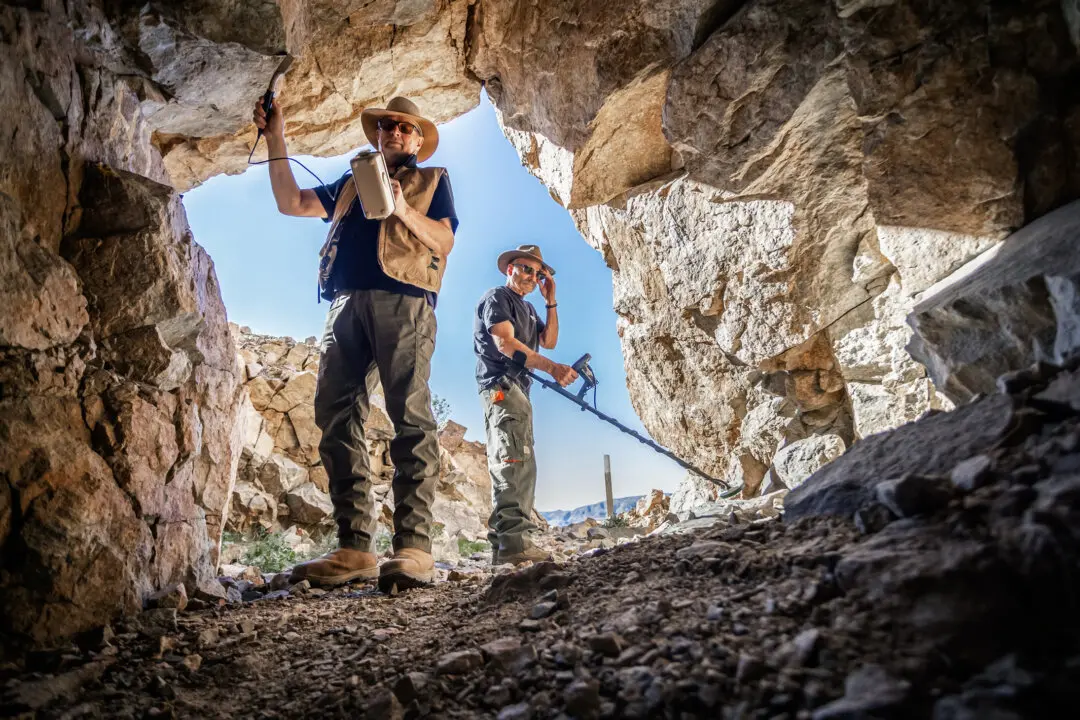A proposed housing bill that would abolish zoning for single-family homes in many California cities passed the Assembly on Aug. 31, but failed to make it through the Senate before the legislative session ended at midnight, a deadline set in the state Constitution. The Senate is expected to vote on it early next year.
Senate Bill 1120 (SB 1120) would allow developers to bypass local government restrictions to split single-family housing lots and make way for duplexes and other high-density housing.





